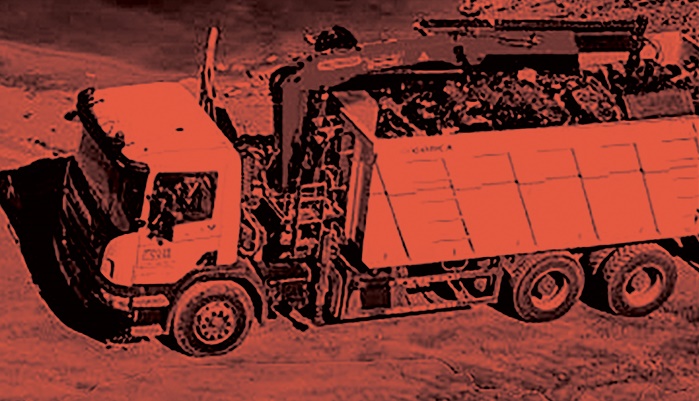
Muscat: More than 6,600 tonnes of garbage was collected every day during the Eid holidays in the form of municipal solid waste: An increase of about 30 percent over other days of the year. Oman Environmental Services Holding Company (be’ah) reported that the organisation needed to double its efforts from 30 April to 5 May, roughly corresponding to Eid holidays, so that they could collect more than 40,000 tonnes of municipal waste during the period.
Tackling the challenge
The increase in waste was because of the rise in individual consumption during the holidays. The Eid Al Fitr holidays are normally a time during which be’ah is required to deal with excess waste generation as per plans drawn up to tackle the issue in accordance with the requirements of each governorate.
Teams are formed accordingly and mechanisms rolled out to avoid the backlog of waste collection and treatment, while backup and emergency plans coordinated by operations teams that implement them are also developed to ensure smooth and uninterrupted service.
“Aspects of normal life returned to normal during Eid, after two years of interruption due to the COVID-19 pandemic,” said Khamis bin Marhoon Al Siyabi, head of the Operations Department at the Municipal Waste Sector.
“We made plans for the expected amount of waste to be produced last Eid, based on consumption levels,” Al Siyabi continued.
“Therefore, we intensified the operations of emptying dustbins before Eid, and transported them to engineering landfills so as to avoid accumulation of waste during this period,” he added.
Al Siyabi admitted that the company does face great challenges during the holiday period: Large quantities of waste are generated at the time, sometimes more than double the quantity produced on other days. Furthermore, the quality of waste also varies: The carcasses of slaughtered animals are often found in waste bins and their presence could lead to other problems, if not disposed of quickly and safely.
“Many people also indiscriminately throw their wastes in open areas, and next to public roads,” he added. “The number of working hours for transfer stations and garbage dumps were increased so as to support waste gathering operations across all regions of the country.
“Landfills belonging to be’ah across various governorates in Oman received garbage during this period,” said Al Siyabi.